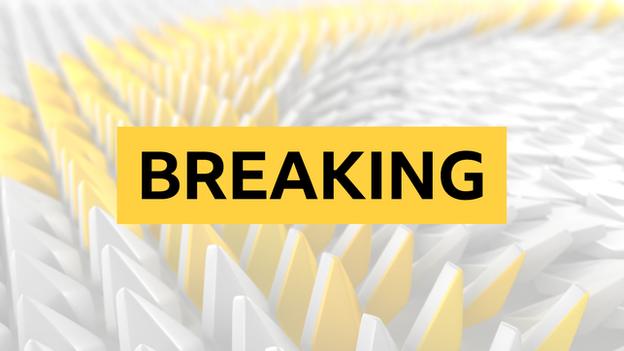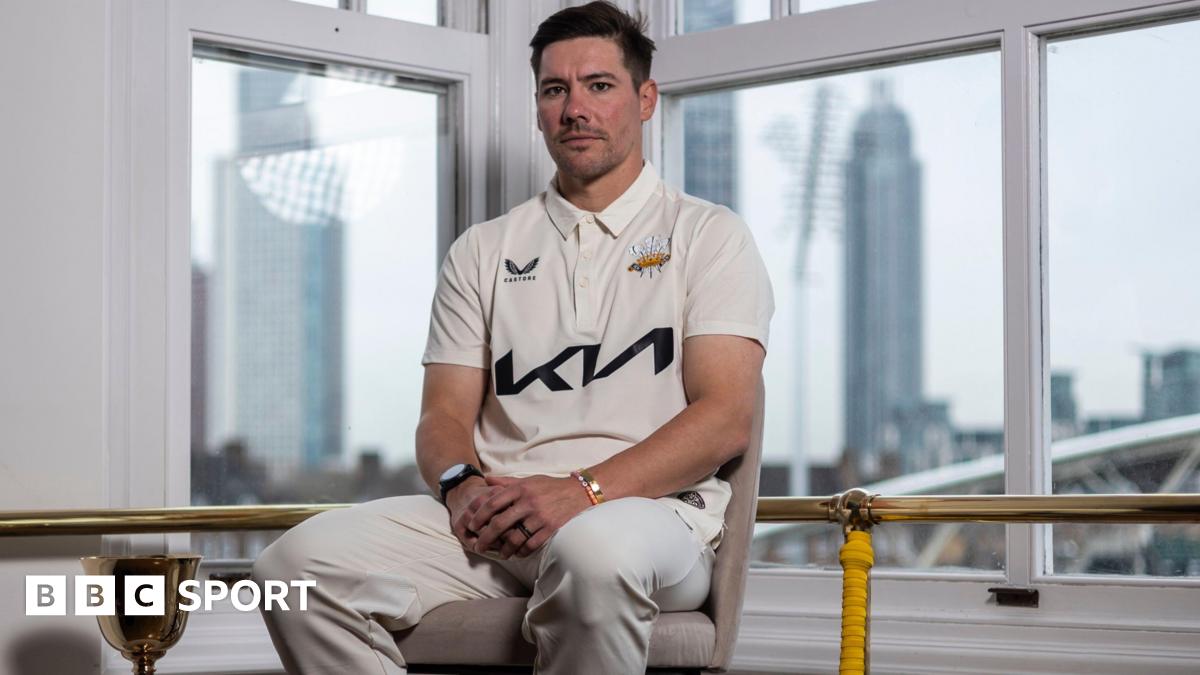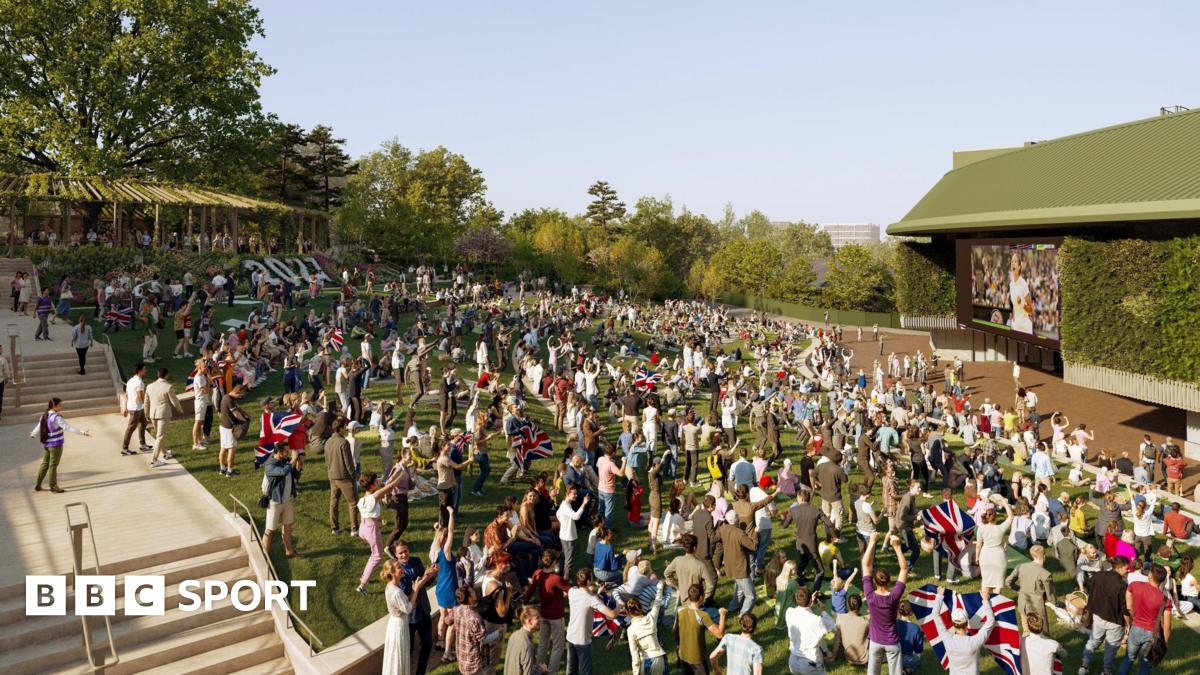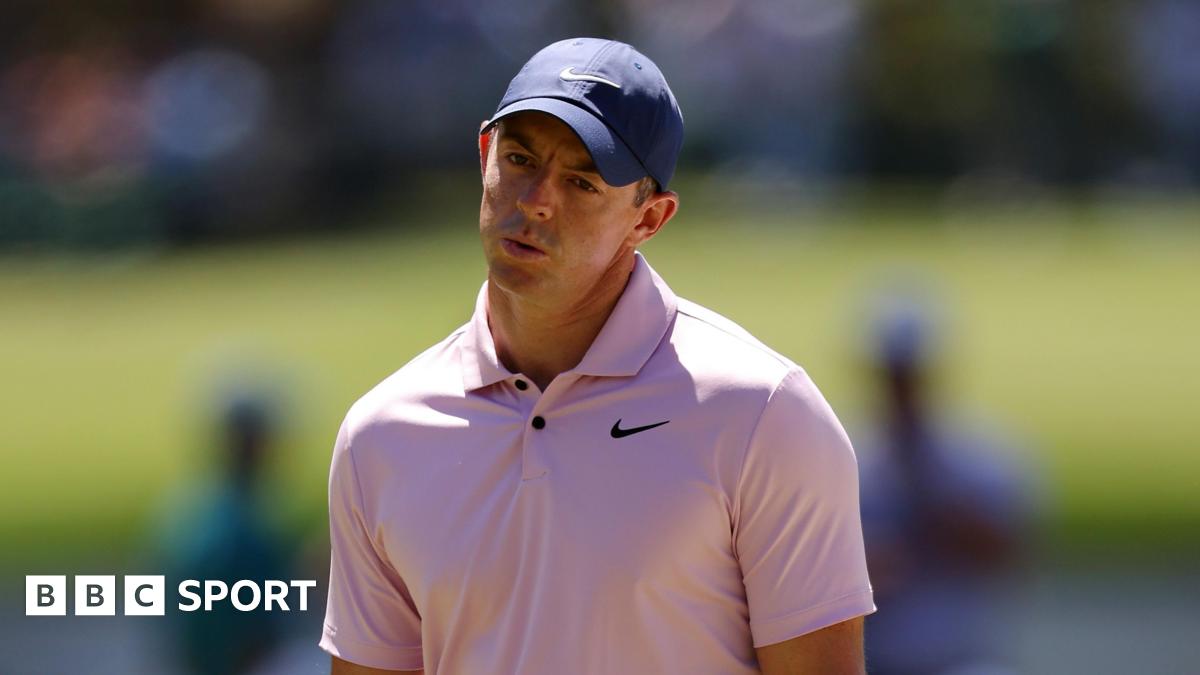ARTICLE AD BOX

Banned athletics coach Alberto Salazar's four-year suspension has been upheld by the Court of Arbitration for Sport (Cas).
The 63-year-old was banned two years ago for a series of doping violations by the US Anti-Doping Agency (Usada) but appealed against the decision.
Salazar ran the Nike Oregon Project (NOP), based in Beaverton, Oregon.
It was established in 2001 and was the home of British four-time Olympic champion Mo Farah.
Farah has not been accused of doping, and left the Oregon Project in 2017.
A BBC Panorama programme in 2015 focusing on Salazar and the NOP prompted a four-year investigation by Usada and a two-year court battle behind closed doors. It eventually resulted in bans for both Salazar and Nike endocrinologist Dr Jeffrey Brown, announced in October 2019.
The appeals of Salazar and Brown, who was also banned for four years, were heard virtually over seven days in March earlier this year.
A full report by Cas, which has upheld both bans, is due to be published within days.
Background - Salazar's downfall
The investigation into Salazar began after a BBC Panorama programme in 2015.
UK Athletics (UKA), the sport's UK governing body, conducted its own review into the claims, and gave Farah the green light to continue working with Cuban-born Salazar.
Doping charges against Salazar and Dr Brown were brought by Usada in June 2017. The pair contested the charges, supported by Nike-paid lawyers, and the case went to the American Arbitration Association.
Farah announced he was leaving Salazar in October 2017, the same year he was knighted, but denied his decision was to do with the doping claims.
During his time at the NOP, 5,000m and 10,000m runner Farah won six world titles and four Olympic gold medals.
An independent panel found Salazar and Brown possessed and trafficked a banned performance-enhancing substance and administered or attempted to administer a prohibited method to multiple track and field athletes.
It added that Salazar "tampered and/or attempted to tamper with the doping control process".
The panel also said Salazar and Brown "communicated repeatedly" about the athletes of the NOP performance and medical conditions, exchanging information without any apparent formal authorisation by the athletes at the NOP or distinction between Dr Brown's role as an athlete's physician and NOP consultant.
Usada chief executive Travis Tygart praised athletes for having the "courage to speak out and ultimately expose the truth".

 3 years ago
68
3 years ago
68








 English (US) ·
English (US) ·